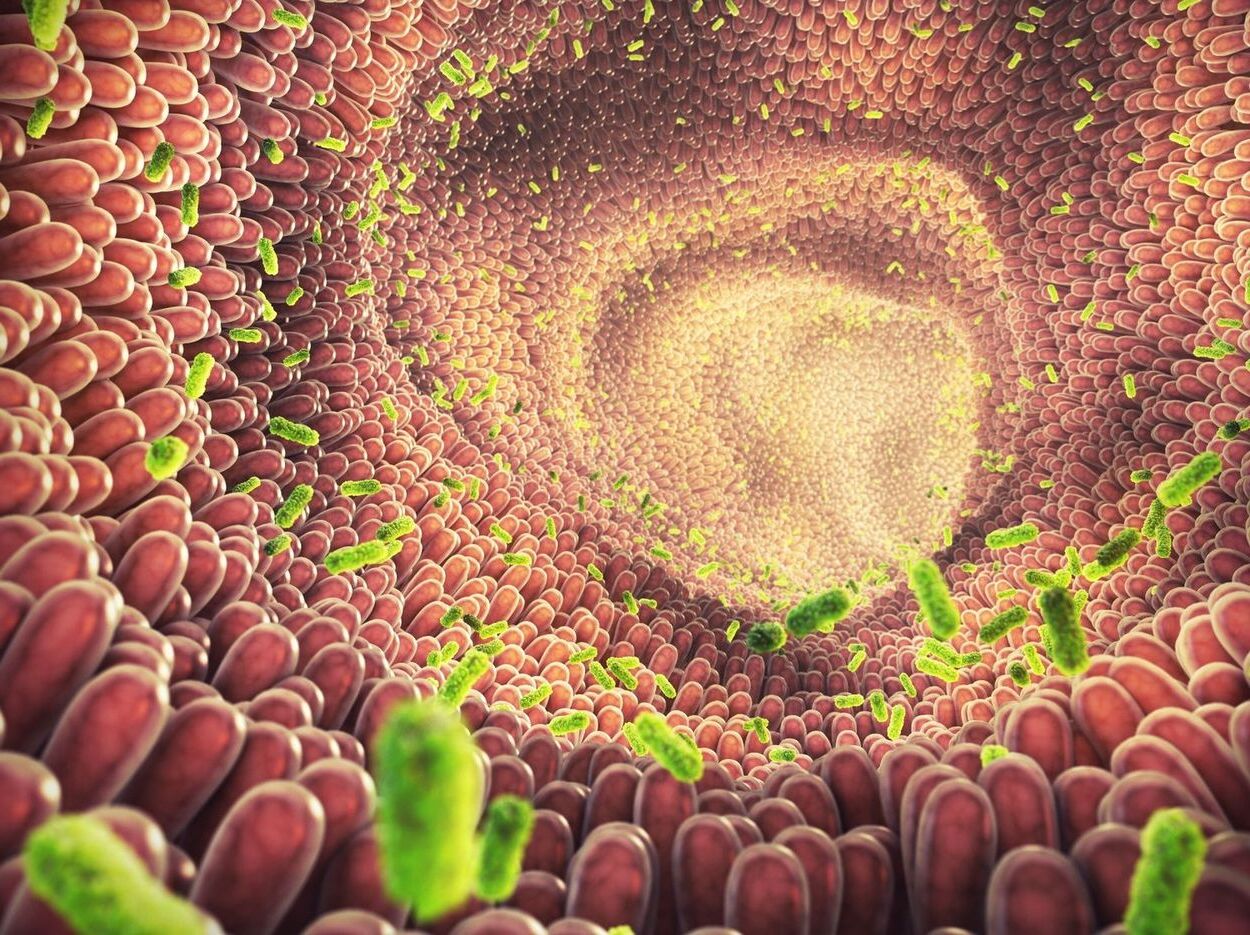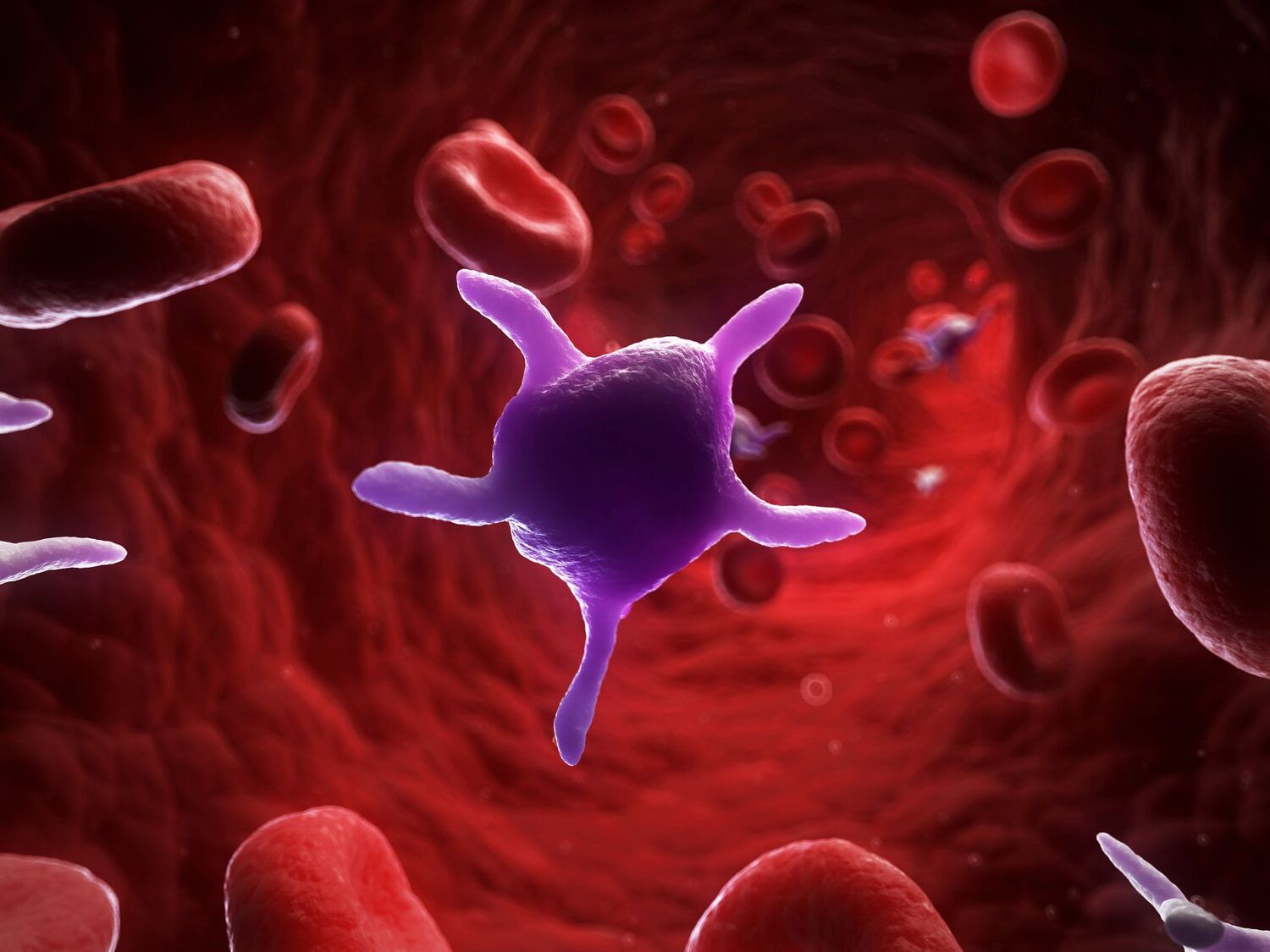
What is the microbiome? It's the collection of trillions of microorganisms living in and on your body. These tiny creatures include bacteria, viruses, fungi, and other microbes. They play a crucial role in keeping you healthy. Why should you care? Because your microbiome affects everything from digestion to immunity, even your mood. How does it work? These microbes help break down food, produce vitamins, and protect against harmful bacteria. Can you change it? Yes, diet, lifestyle, and antibiotics can all impact your microbiome. Want to learn more? Here are 40 fascinating facts about your microbiome that might surprise you.
What is the Microbiome?
The microbiome refers to the collection of all microorganisms, like bacteria, fungi, viruses, and their genes, that live in and on the human body. These tiny organisms play a crucial role in maintaining our health. Let's dive into some fascinating facts about the microbiome.
- The human microbiome consists of trillions of microorganisms, outnumbering human cells by about 10 to 1.
- The gut microbiome alone contains over 1,000 different species of bacteria.
- The microbiome weighs roughly as much as the human brain, about 2-3 pounds.
- Each person's microbiome is unique, much like a fingerprint.
- The microbiome starts forming at birth and evolves throughout life.
The Role of the Microbiome in Digestion
The microbiome is essential for digestion. It helps break down food, absorb nutrients, and produce vitamins.
- Gut bacteria help digest complex carbohydrates that the human body can't break down on its own.
- Certain bacteria in the gut produce vitamins like B12, K, and folate.
- The microbiome helps regulate the gut's pH level, creating an environment where beneficial bacteria thrive.
- A diverse microbiome can protect against digestive disorders like irritable bowel syndrome (IBS).
- Probiotics, found in foods like yogurt, can help maintain a healthy microbiome.
The Microbiome and the Immune System
The microbiome plays a critical role in the immune system, helping to protect the body from harmful pathogens.
- Gut bacteria stimulate the production of antibodies, which help fight infections.
- A healthy microbiome can prevent the overgrowth of harmful bacteria.
- The microbiome communicates with immune cells to regulate the body's response to infections.
- Certain gut bacteria can reduce inflammation, which is linked to many chronic diseases.
- Antibiotics can disrupt the microbiome, making the body more susceptible to infections.
The Microbiome and Mental Health
Emerging research suggests a strong connection between the microbiome and mental health, often referred to as the gut-brain axis.
- Gut bacteria produce neurotransmitters like serotonin, which affect mood and behavior.
- An imbalance in the microbiome has been linked to mental health disorders like depression and anxiety.
- Probiotics may help improve symptoms of depression by restoring balance to the microbiome.
- The vagus nerve, which connects the gut to the brain, plays a key role in this communication.
- Stress can negatively impact the microbiome, leading to a vicious cycle of poor mental health.
The Microbiome and Skin Health
The skin microbiome is just as important as the gut microbiome, playing a vital role in skin health.
- The skin microbiome helps protect against harmful bacteria and environmental toxins.
- An imbalance in the skin microbiome can lead to conditions like acne, eczema, and psoriasis.
- Certain skincare products contain prebiotics and probiotics to support a healthy skin microbiome.
- The skin microbiome varies depending on the body part, with different bacteria thriving in different areas.
- Regular washing and the use of harsh soaps can disrupt the skin microbiome.
The Microbiome and Weight Management
The microbiome can influence weight and metabolism, affecting how the body stores fat and uses energy.
- Certain gut bacteria are more efficient at extracting calories from food, leading to weight gain.
- A diverse microbiome is associated with a healthier weight and lower risk of obesity.
- Prebiotics, found in foods like garlic and onions, can promote the growth of beneficial gut bacteria.
- Fecal microbiota transplants (FMT) have been used to treat obesity by altering the gut microbiome.
- Diets high in fiber support a healthy microbiome and can aid in weight management.
The Microbiome and Chronic Diseases
The microbiome's influence extends to various chronic diseases, impacting overall health and longevity.
- An imbalanced microbiome is linked to chronic diseases like diabetes, heart disease, and cancer.
- Gut bacteria can influence blood sugar levels and insulin sensitivity.
- A healthy microbiome can reduce the risk of cardiovascular diseases by lowering inflammation.
- Certain gut bacteria produce short-chain fatty acids (SCFAs) that have anti-cancer properties.
- Diet and lifestyle changes can help restore balance to the microbiome, reducing the risk of chronic diseases.
The Future of Microbiome Research
Research on the microbiome is still in its early stages, but it holds great promise for future medical advancements.
- Personalized medicine may one day use microbiome profiles to tailor treatments for individuals.
- Microbiome transplants could become a common treatment for various health conditions.
- Scientists are exploring the use of microbiome-based therapies to treat mental health disorders.
- The development of new probiotics and prebiotics could revolutionize how we approach health and wellness.
- Understanding the microbiome better could lead to breakthroughs in preventing and treating diseases.
The Final Word on Microbiomes
Microbiomes play a huge role in our health and environment. These tiny ecosystems, made up of bacteria, fungi, and viruses, help digest food, boost immunity, and even affect mood. They’re not just in our guts but also on our skin, in our mouths, and everywhere else. Keeping a balanced microbiome can lead to better health. Eating a variety of foods, especially those rich in fiber, can help maintain this balance. Probiotics and prebiotics are also beneficial. Research is ongoing, and scientists are discovering new facts about microbiomes every day. Understanding these tiny communities can lead to breakthroughs in medicine and wellness. So, next time you think about health, remember the tiny helpers working hard inside you. They might be small, but their impact is enormous.
Was this page helpful?
Our commitment to delivering trustworthy and engaging content is at the heart of what we do. Each fact on our site is contributed by real users like you, bringing a wealth of diverse insights and information. To ensure the highest standards of accuracy and reliability, our dedicated editors meticulously review each submission. This process guarantees that the facts we share are not only fascinating but also credible. Trust in our commitment to quality and authenticity as you explore and learn with us.


